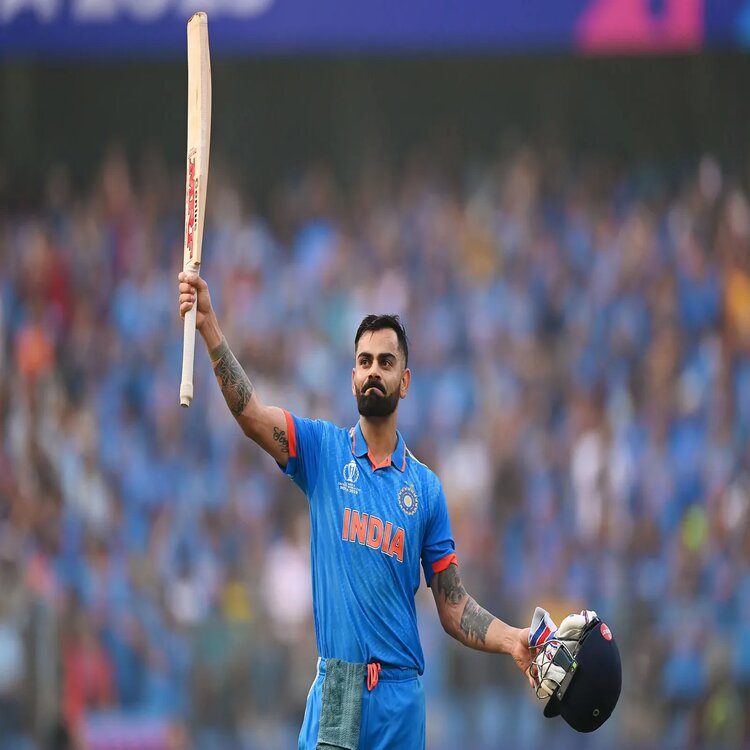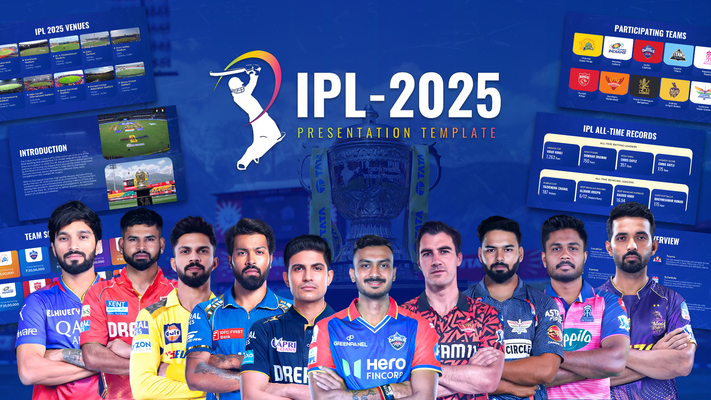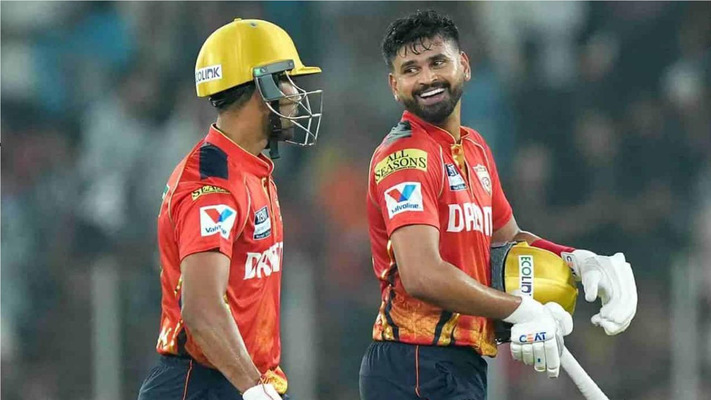No Player is Bigger than the Team: How Virat Kohli is Changing Cricket’s Superstar Culture
Editor : Rishi | 30 January, 2025
Virat Kohli and Superstar Culture in Cricket

Source or Copyright Disclaimer
Over the years, however, the rise of individual superstars has sometimes threatened to overshadow team ethos, creating a culture where players prioritize personal milestones over collective goals. While cricketing legends have always had their place, a fundamental principle remains unchanged: no player is bigger than the team. Virat Kohli, one of the most accomplished cricketers of our time, is playing a pivotal role in reshaping this superstar culture by embodying leadership, selflessness, and team-first mentality.
Historically, the aura of cricketing superstars has often led to an imbalance in team dynamics. Many cricketing greats, with their unmatched talent and following, have occasionally wielded influence that transcended team interests, sometimes even resulting in favoritism, lack of accountability, and an unhealthy culture within the dressing room. This phenomenon is not exclusive to cricket—other team sports, such as football and basketball, have also witnessed instances where larger-than-life players have disrupted harmony. However, true champions are those who understand that their individual success is meaningful only when it contributes to the team’s collective goals.
Virat Kohli’s leadership philosophy embodies this belief. Despite his larger-than-life presence in world cricket, he has consistently prioritized the team over individual accolades. His tenure as the captain of the Indian cricket team saw a significant cultural shift, where fitness, work ethic, and team goals became the primary focus. Kohli set new benchmarks for discipline and performance, leading by example rather than entitlement. His commitment to fitness inspired an entire generation of cricketers, shifting the focus from mere talent to holistic athleticism.
One of the most striking aspects of Kohli’s approach is his willingness to step aside when necessary. His decision to relinquish captaincy across formats demonstrated his belief that leadership is a responsibility, not a privilege. Instead of clinging to power, Kohli recognized the importance of transition, paving the way for fresh ideas and new leadership to take Indian cricket forward. This move reinforced the idea that no individual, regardless of stature, is indispensable to a team’s success.
Furthermore, Kohli’s team-first mentality is evident in his gameplay. While he is among the greatest batsmen of the modern era, his aggression and passion on the field are always directed toward collective success. His ability to play second fiddle when needed, support younger players, and maintain a fiercely competitive spirit without overshadowing his teammates speaks volumes about his commitment to the larger cause.
The impact of Kohli’s approach extends beyond the Indian team. His attitude is reshaping cricket’s global culture, where young players are learning that dedication, selflessness, and team cohesion matter more than personal records. He has set a precedent that true greatness lies not just in statistics but in fostering an environment where the team thrives as a unit.
Cricket will always have its icons, but it is the team that ultimately defines success. Kohli’s contribution goes beyond runs and trophies—he is redefining leadership in cricket, proving that no individual, no matter how talented, should ever be bigger than the team.




